Month: April 2015
-

The City of Ryde adopts a motion dedicated to the centenary of the Armenian Genocide
(ANC Australia) The City of Ryde has unanimously adopted a motion dedicated to the centenary of the Armenian Genocide. The motion, which was adopted, reads: Whereas 2015 marks the10th anniversary of the City of Ryde passing a motion recongising the events of 1915-1923 as the Armenian Genocide, this Council joins with the Armenian-Australian community in…
-
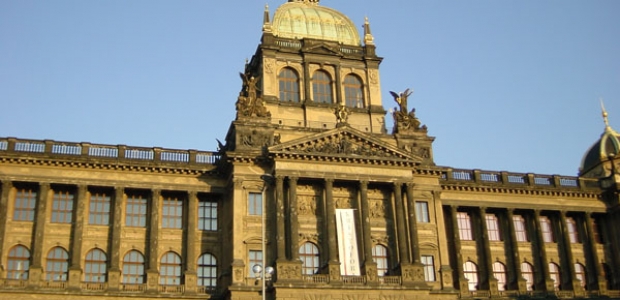
Czech Parliament panel adopts Resolution on Armenian Genocide centennial
(Public Radio of Armenia – by Siranush Ghazanchyan) On April 14, Committee on Foreign Affairs of the Chamber of Deputies of the Parliament of the Czech Republic unanimously passed a resolution on the occasion of the Armenian Genocide Centenary. Referring to the 9 December 1948 UN General Assembly Convention on the Prevention and Punishment of…
-

Prof. Theriault Discusses Genocide Reparations Report
(asbarez.com) YEREVAN—Panorama.am’s Nvard Chalikyan recently spoke with Professor Henry C. Theriault, Chair of the Philosophy Department at Worcester State University and Director of the Armenian Genocide Reparations Study Group (AGRSG), about the recently published report by the Group titled “Resolution with Justice: Reparations for the Armenian Genocide,” which outlines Armenian claims on the Turkish government…
-
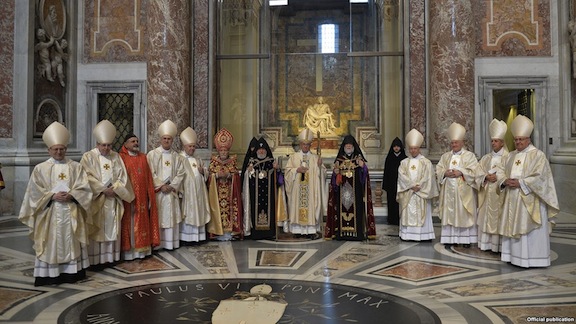
Pope Francis Reaffirms Genocide Recognition
(asbarez.com) VATICAN (RFE/RL)–Pope Francis on Sunday again described the massacres of 1.5 million Armenians in Ottoman Turkey as “the first Genocide of the 20th century” during an unprecedented Vatican Mass dedicated to the 100th anniversary of the tragedy. Francis remembered the victims of “that immense and senseless slaughter” at the start of the Mass at…
-
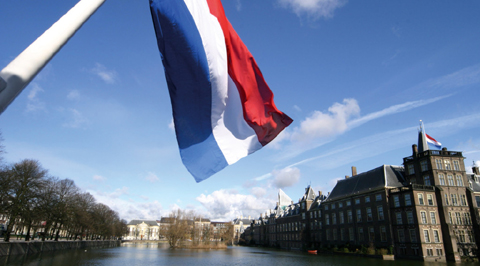
Dutch Parliament recognizes Armenian, Assyrian and Greek Genocides
(Public Radio of Armenia) The Hague — The Dutch Parliament passed a binding resolution yesterday recognizing the genocide of Assyrians, Greeks and Armenians by Ottoman Turks during World War One. The resolution, tabled by MP Joel Voordewind from the Christian Union party, enjoyed wide support from the various parties, including Christian Union, People’s Party for…
-
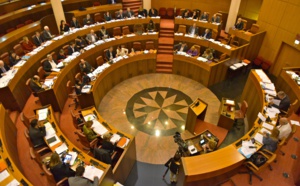
Corsican Assembly adopts resolution demanding recognition of Armenian Genocide
(panorama.am) The Corsican Assembly has unanimously adopted a resolution that demands recognition of the Armenian Genocide by Turkey, France 3 Corse ViaStella reports. “The Corsican nation and officials should make their contribution to the realization and recognition of that crime against the Armenian nation,” the resolution says. The text of the resolution will be handed…
-
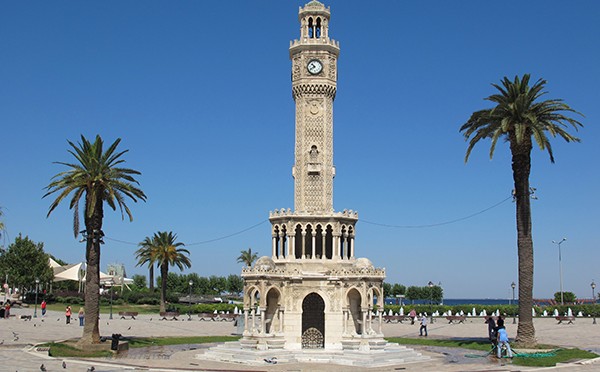
Turkish Lawyers Apologize to Armenians for Genocide
(asbarez.com) IZMIR, Turkey—A scheduled conference devoted to the denial of the Armenian Genocide has angered several Turkish lawyers from Izmir, who have responded by issuing an apology for Armenians over the Armenian Genocide. The local Izmir branch of the Association of Modern Lawyers has issued a statement apologizing to Armenians over the Armenian Genocide perpetrated…
-
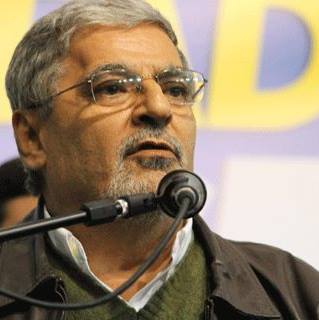
São Paulo Assembly: April 24, Genocide Recognition and Rememberance Day
(Portal Estação Armênia) On 08 April, the São Paulo Legislative Assembly unanimously approved a draft law introduced by its member Peter Tobias (PSDB) on the Recognition of the Armenian Genocide and on setting April 24 as Remembrance Day for the victims of that crime. In the justification part Tobias explains that the killing and forced…
-
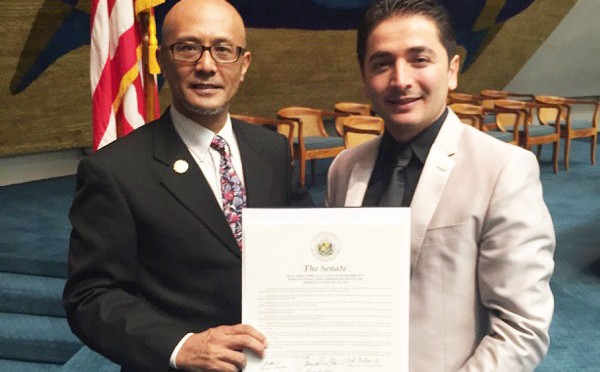
Hawaii State Senate Recognizes Armenian Genocide
(asbarez.com) HONOLULU, Hawaii—Hawaii’s State Senate last week unanimously passed a resolution recognizing the Armenian Genocide and declaring April 24 as a day of remembrance and commemoration of the Armenian Genocide. “The Senate joins the House of Representatives, Hawaii’s Armenian-American community, and all Armenians worldwide in recognizing and honoring those who were killed and persecuted during…
-
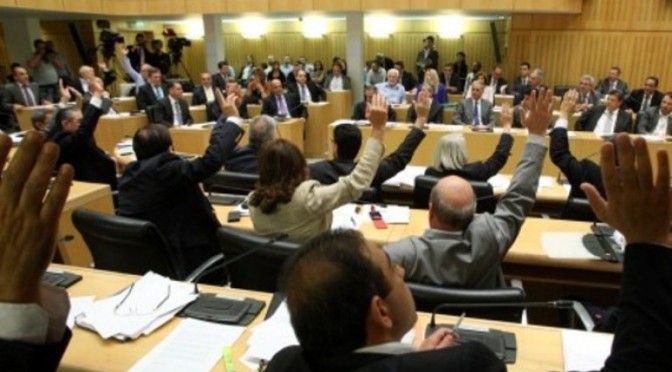
Cyprus Criminalizes Denial of Armenian Genocide
(armenianweekly.com) NICOSIA, Cyprus (A.W.)—The Cypriot Parliament passed a resolution today making the denial of the Armenian Genocide a crime, reported Cyprus Mail. “Today is a historic day. It allows parliament to restore, with unanimous decisions and resolutions, historical truths,” speaker of Parliament Yiannakis Omirou was quoted as saying by the Mail. The bill, which was…